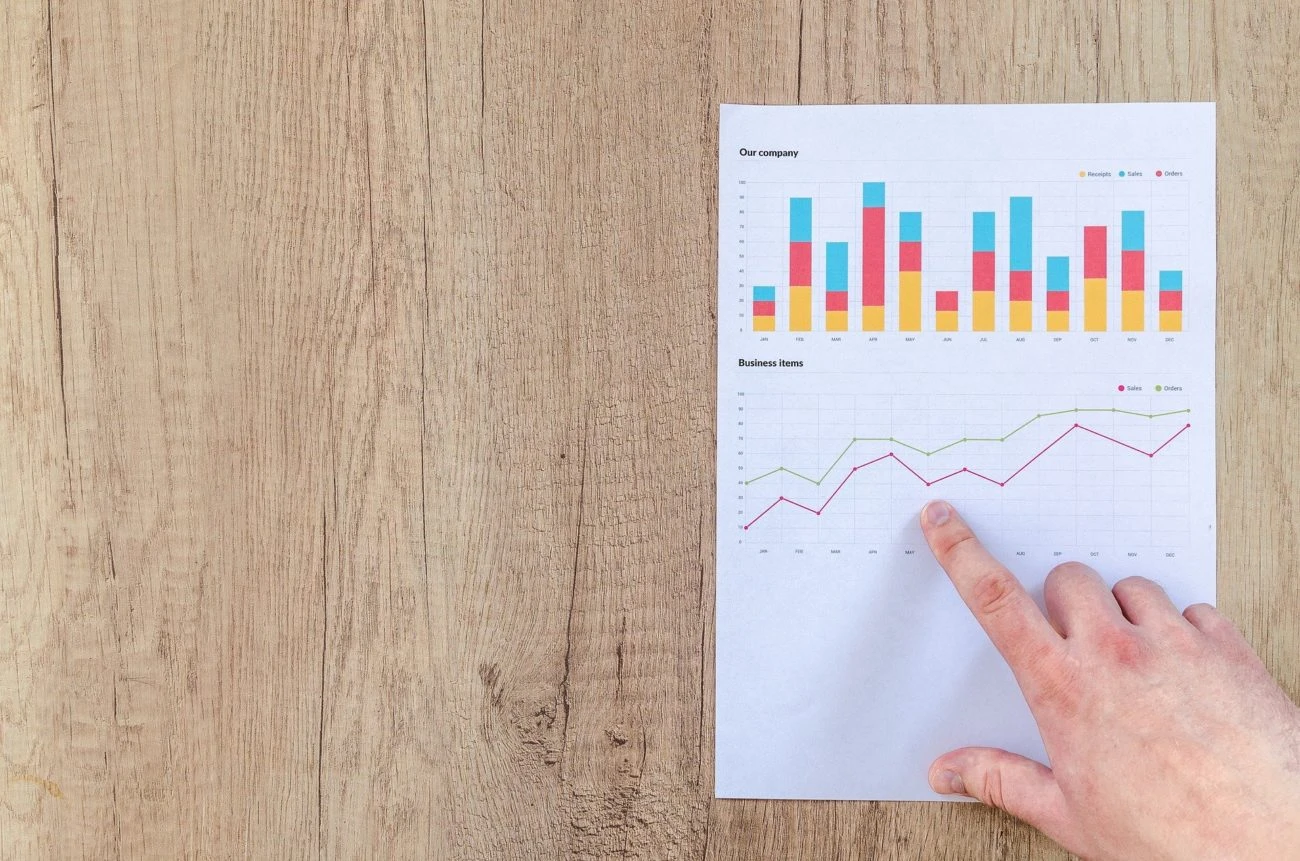“Exceptional” Q4 helps drive IG Group to full-year revenue growth

Spread betting and contracts for difference (CFD) provider IG Group took in revenue of £649.2m (€712.5m/$825.7m) in the full year ended 31 May, up 36% year-on-year.
Of its £649.2m in net trading revenue, the vast majority, £617.2m, up 37% year-on-year, came on over-the-counter leveraged trading, which includes contracts for difference and spread betting.
Breaking these over-the-counter leveraged trades down further, £287.2m was for indices, up 34%, £113.3m came on currency exchange, up 42%, £88.6m came on equities, up 3%.
Some £86.2m was for commodities, up 106% thanks largely to high volatility in oil markets, while a further £24.4m of over-the-counter leveraged trades were for options, up 20%, and £17.5m for cryptocurrencies, up 72%.
A further £18.4m came on exchange-traded derivatives while stock trading and investments made up £13.7m, up 57%.
This growth in revenue came largely thanks to a 34% growth in customers, to 239,600.
The majority of revenue, £328.5m, came from countries inside the European Securities and Market Authority’s jurisdiction, which includes the EU as well as the UK.
After making interest of £5.0m on client money and £1.4m in other income but paying £7.4m in betting duty, IG Group made net operating income of £648.2m.
The business paid operating costs of £352.9m, up 24%. The largest cost was fixed employee remuneration, which grew 9% to £116.4m as employee headcount rose 7% to 1,921. Meanwhile variable remuneration such as bonuses grew 79% to £44.3m.
Advertising and marketing costs rose by 20% to £61.8m, premises expenses fell 45% to £7.3m, regulatory fees jumped 88% to £6.3m and bad debt expenses increased by more than 500% to £11.0m.
Other structural costs increased by 21% to £79.7m and depreciation and amortisation costs grew by 48% to £25.6m.
After an additional £700,000 gain through the sale of “six minor entities”, IG Group was left with an operating profit of £296.0m, up 53%. The business made a £100,000 net financial loss, resulting in a pre-tax profit of £295.5m, up 52%.
After paying £55.5m in tax, up 54%, IG Group’s profits came to £240.4m, a 52% year-on-year increase.
“It's been a successful first year in our three-year growth strategy to become a more sustainable, diversified, and global business,” IG Group chief executive June Felix said. “We concluded FY20 well on track to deliver on our medium-term targets and are confident in achieving the goals we've set.
“I'm delighted with the tangible progress we've made, the resilience we've shown as a company, and the record results we've delivered.”
Most of IG Group’s growth came thanks to an “exceptional” Q4, where extremely high market volatility and increased client activity becuae of the novel coronavirus (Covid-19) pandemic helped the business make £259.5m in revenue, up 120% year-on-year. Active clients grew 56% to 199,300, thanks to 51,200 new customers, while average revenue per customer grew 31% year-on-year.
“While group revenue was significantly boosted by the exceptional client activity in Q4, we do not expect this level of activity to be sustained as we anticipate market volatility returning to more normalised levels in the course of FY21,” IG Group said. “However, the group anticipates some ongoing benefit from the record number of new active clients acquired in Q4.
“While preliminary indications are that these clients are of a similar profile to previous new client cohorts, it is too early to conclude how they will trade over time.”
Last month, the group announced it expected to post higher-than-expected year-on-year revenue growth for its 2020 financial year, due to elevated financial market volatility and high levels of client trading activity in Q4.
In May, the business named Charlie Rozes as its new chief financial officer. Rozes joined IG Group on 1 June replacing Paul Mainwaring, who in January announced his intention to retire. Mainwaring had agreed to remain in his position until the operator appointed a replacement.
